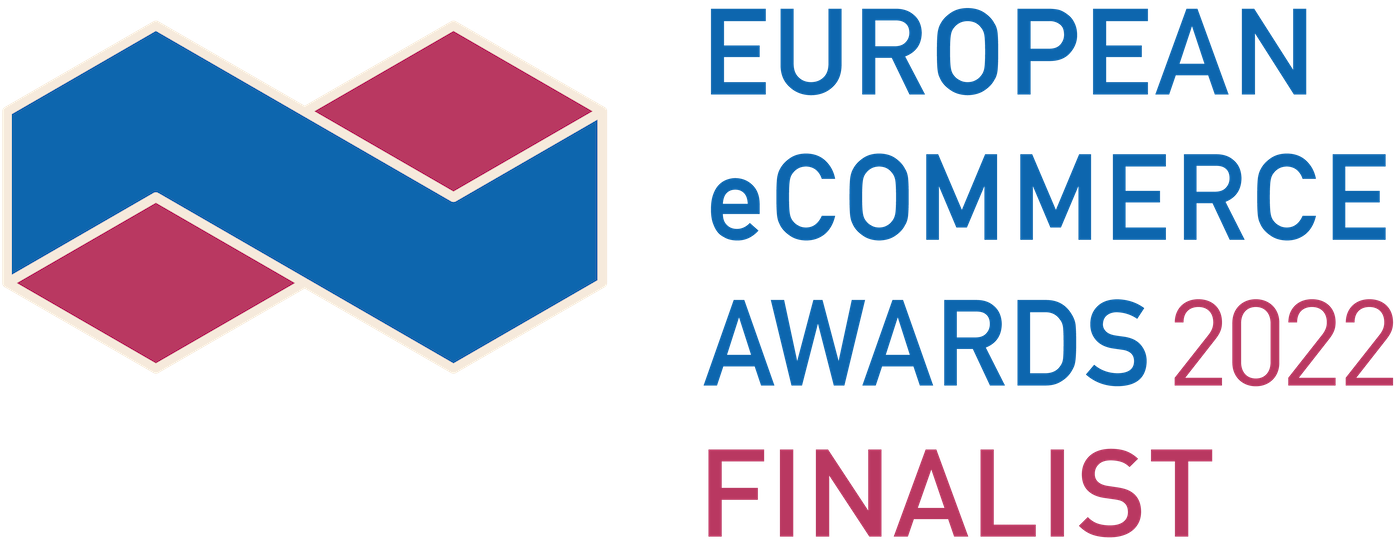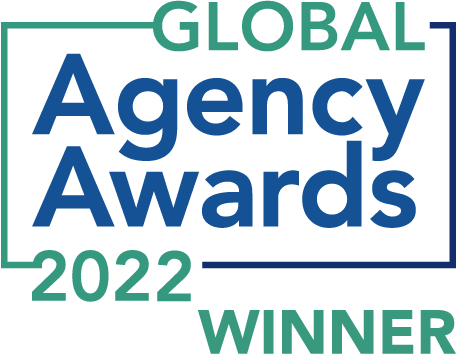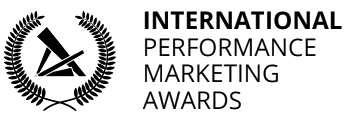- SEO Defined
- PPC Defined
- SEO Advantages
- SEO Disadvantages
- PPC Advantages
- PPC Disadvantages
- A Mix of Two Worlds
What is SEO?
Search Engine Optimization (SEO) is a powerful search engine marketing method that will help you attract organic search traffic to your website through search engines like Google, Yahoo!, and Bing. It is an extensive method that requires a substantial amount of time and completing a wide range of tasks just to get your website ranking higher in the Search Engine Results Pages (SERPs). Once you rank higher on the first page of the SERPs, you will gain more search visibility from your ideal customers or clients. Now, the timeframe of seeing good results can depend on your industry and its competitiveness. Frequently, though, it takes longer to get the sweet fruits of your SEO labor. Also, more businesses are playing smart nowadays - hiring experienced SEO specialists to help them improve their rank. But is it worth it? You bet it is. The best thing about SEO is that when your website starts ranking higher, your position tends to stay on top unless your competitor is actively working on his SEO to beat you. Often, you can secure the same position for months, and this gets you a massive percentage of organic search traffic to your website, especially if you rank in the top 3 results.What is PPC?
Pay per Click (PPC) marketing is often about getting immediate results, and visitors to your website as they as your targeted keywords on search engines trigger them. Usually, it only takes a matter of minutes to see visitors coming to your site after setting up your PPC campaign. Now, setting up a PPC campaign might appear like a piece of cake, but to achieve profitable results, you need to back it up with lots of planning and execution. What you’d love about PPC marketing is that you can laser-focus your aim when targeting ideal customers so you can lure them to visit your website - you can leverage specific information such as their location, income, age, preferences, and background. However, having the option to laser-target your ideal audience often comes at a high price. Luckily though, you can control how much money you’re willing to spend for a specific keyword. Now that you have a quick refresher about SEO and PPC let’s dig deeper into each of their advantages and disadvantages to help you answer the ever-growing question: which is better SEO or PPC? So, here we go.SEO Pros
You see, Search Engine Optimization covers a massive part of search engine marketing. No wonder it works like you’re planting seeds in a forest - you plant them today and wait for a while to see them grow. You can actually speed up the process, but it’s more than publishing high-quality content - it requires a lot more work in your on-page and off-page SEO strategy. Take a look at the SEO pros we listed:It Won’t Cost You Money if You Do It on Your Own
You have to be willing to continually increase your knowledge of SEO and spend a tremendous amount of time creating and publishing your website content. The few investments you might have to pay for are your website theme and hosting.Offers Moderate Learning Curve
Time-wise, this can be a disadvantage if you’re looking to speeding things up. However, you don’t really have to master SEO quickly to get at least some results. Hence, the moderate learning curve. You can start the basics of researching keywords and writing content optimized for search engines and your readers, throw in some optimized images in your web page content and use a decent server, and your SEO journey is set. Plus, most websites nowadays have heaps of SEO plugins that can automatically take care of your content and technical needs. So, all you have to do is know which plugins you need to better your website and install them.Impressive ROI
SEO has long been seen to bring excellent ROI, especially when it comes to the local business field where there’s not too much competition, unlike national, international, and global markets. Plus, you can choose to do everything on your own to save more expenses. But even if you hire SEO services to let the experts play the game for you, you can still get up to 15x the amount of clicks you would get when using PPC, given that you get to rank considerably high for a high search volume keyword, thereby increasing your clicks and conversions.Great for Long Term Marketing Strategy
If you consistently improve your SEO efforts for about six months to a year, the good results you acquire can serve your business for years. However, don’t forget to improve or update your website content from time to time to signal the search engines that your website showcases the most current information.Excellent for Brand Awareness
You see, just like yourself, your ideal customers would search for information such as guides and reviews before purchasing a product or paying for a service. You can take advantage of this buying phase by writing compelling content that meets your customers’ needs and intent. Then, you can rank higher in the SERPs. Over time, people will remember how reliable your content is and your brand. Remember that often, customers have to see your website at least seven times before they totally trust you and buy something from you.Ability to Control Your Content
This could be one of the SEO pros that you would really love - you can rank for almost any content. You have more freedom in displaying whatever content you would want to rank for, and you can enjoy the longer titles and descriptions of every web page, which will eventually improve your click-through rate (CTR).
SEO Cons
Results Often Take Time to Show
I don’t know if six months to one year sounds right for you, or just an excruciating wait game. We understand that as a business owner, you need to see the results fast. If that’s the case, you might be better off focusing more on PPC. However, don’t forget to establish your SEO strategy as soon as your website is published because no matter how SEO takes time to show results, it is still essential in your search engine marketing efforts. So, the sooner you start playing your SEO game, the sooner you get the results.SEO Can Be Difficult to Master
You see, SEO is more than just keyword research and link building. If you want to become an expert in this field, you will need to learn HTML and CSS coding, among many other technical skills required. Plus, there are learning sitemaps, fixing multiple language issues, indexing, redirects, URLs, and many others. Also, your content has to become even more persuasive and significant to get links - they are harder to come by nowadays unless you have lots of $$$. If PPC is like playing a musical instrument, SEO is managing the entire orchestra. You see, mastering SEO can be overwhelming, but it sure is rewarding.Difficult to Scale
Scaling in SEO can be really challenging, especially if you’re a one-person team. Often, if you publish more content such as web articles and blog posts, you will get more traffic to your website. However, you can only do so much for your website in 24 hours, especially if you’re the only one. Now, if you want to build a trusted website and become an authority in an online search about your industry, your website would need heaps of articles published per week. So, you would need an expert team with content marketing strategists and editors to help you scale your SEO efforts.Low Certainty
SEO is generally impacted by search engine algorithms, especially by Google. So, your website ranking might drop, or worse, removed from being indexed at any time for any reason. Now, this usually happens if you practice Black Hat SEO techniques such as spamming your content with keywords and buying links from irrelevant websites to link back to your site. But if you abide by Google’s Guidelines, the majority of your website should be okay when algorithms change.













